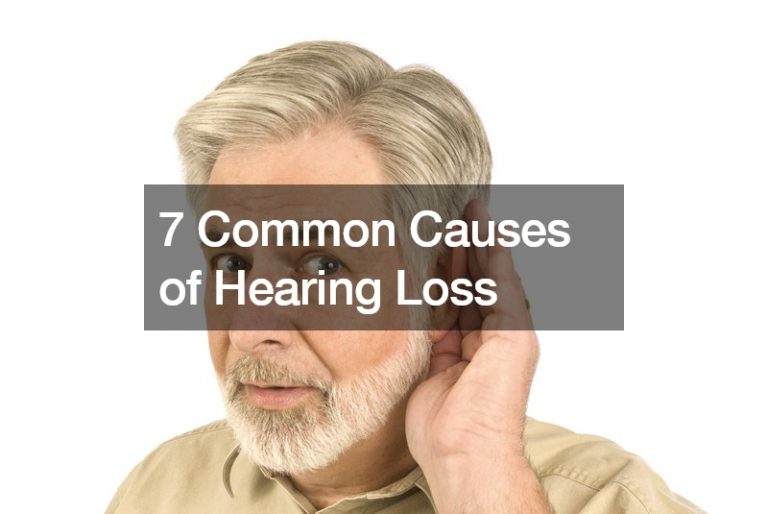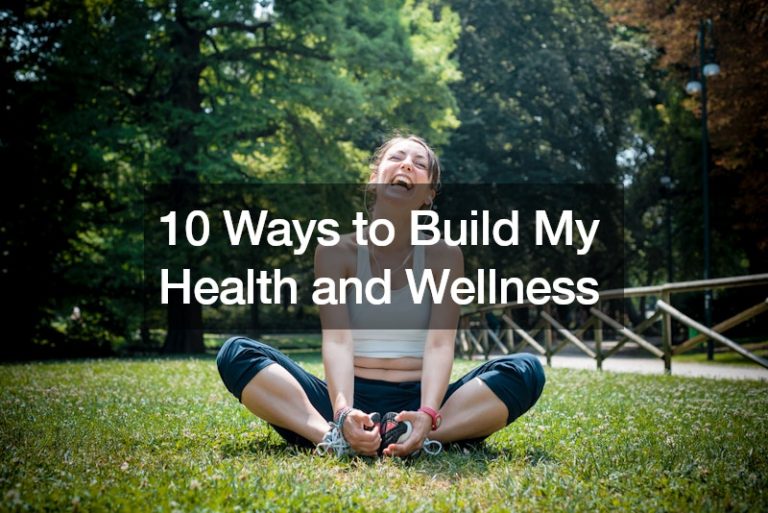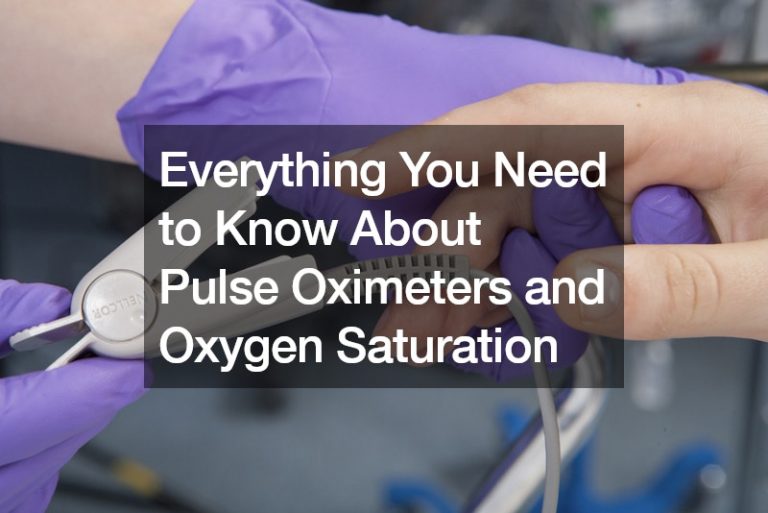• Exercise can help stimulate your appetite and reduce stress levels.
• Stress can cause a decrease in appetite, so practicing relaxation techniques like meditation can be beneficial.
• Hormonal imbalances can also lead to decreased appetite.
• Digestive issues can cause discomfort when eating certain foods and make it difficult to have an appetite.
• Missing teeth or tooth loss can make it difficult to chew certain foods, thus decreasing appetite.
Have you been feeling like you’re constantly battling with low appetite? If so, you’re not alone. Millions of women suffer from decreased appetite, which can lead to a myriad of health issues. But what are the common reasons for low appetite, and what can you do about it? Here are a few of the most common causes and how to address them.
Lack of Exercise
Exercise is an essential part of staying healthy and boosting your metabolism, which in turn helps regulate your appetite. Exercising can help stimulate your appetite naturally, as well as help reduce stress levels and improve overall mood. Here are some exercises you should try:
Hiking or walking
Take a walk around your neighborhood or hit the trails for some invigorating cardio. Additionally, walking outdoors can help you soak up some much-needed vitamin D.
Strength training
Try lifting weights to build muscle and get your metabolism revved up. Strength training also releases endorphins that can reduce stress and provide an overall sense of well-being.
Yoga
Practicing yoga not only relaxes the body but helps release tension and increase circulation. Additionally, the breathing exercises involved in yoga can help you refocus your attention inward and bring awareness to cravings and hunger cues.
Swimming
Swimming is a great way to get cardio in without putting too much strain on the body. Plus, it’s fun. Additionally, the cool water can help you feel more alert and energized.
By taking the time to exercise, you can help increase your appetite, improve your metabolism, and feel better overall.
Stress

Whether it’s stress from work or personal matters, high levels of stress can cause a decrease in appetite by altering how your body processes hormones such as cortisol and adrenaline. This can also lead to fatigue, depression, or anxiety that further suppresses hunger signals to the brain. To combat this type of low-appetite cause, try meditation or yoga as a form of relaxation therapy or distraction from stressful situations.
Hormonal Imbalance
Many women suffer from hormone imbalances due to specific medical conditions such as PCOS (Polycystic Ovarian Syndrome), menopause, or thyroid problems that can have an effect on their natural hunger cues leading to a decreased desire for food intake throughout the day. If this is the case for you, consult with a doctor who specializes in hormonal health to discuss possible treatment options that could help stabilize hormone levels in order to increase appetite naturally without any side effects or long-term damage to health.
Digestive Problems
Having digestive issues such as heartburn, constipation, or gastric reflux might make eating difficult due to discomfort during the digestion process after eating certain foods. This results in a decreased desire for food consumption throughout the day due to fear of triggering symptoms again after eating meals. If this is something you frequently experience, then talking with a nutritionist specializing in digestive health might be beneficial. They will be able to provide guidance on what types of foods are best suited for those suffering from digestive issues while helping map out meal plans which could aid in increasing appetite naturally over time.
Tooth Loss

The inability to chew certain foods due to tooth loss or missing teeth can decrease appetite as it becomes harder to properly digest certain food items. As a result, you might avoid specific types of meals and snacks altogether throughout the day. Looking into getting dental implants could help improve your ability to chew and digest food more effectively, thus increasing your appetite. Dental implants are an excellent option for replacing missing teeth. They provide stability and can last for years with proper care. They also help preserve the natural shape of your jawbone, allowing you to easily eat various foods.
Low appetite can be caused by many things, from lack of exercise to hormonal imbalances. However, you can take steps to help increase your appetite naturally. Exercise is a great way to get the metabolism going and reduce stress levels which in turn helps regulate your appetite.
Additionally, talking with a doctor or nutritionist who specializes in hormones and digestive health could provide insight into how to best address any underlying issues that might be causing low appetite. Finally, dental implants may also be an option for those suffering from tooth loss as they allow more stability when chewing food and digesting it properly over time. These steps should help improve overall health while increasing one’s natural desire for food consumption throughout the day.






